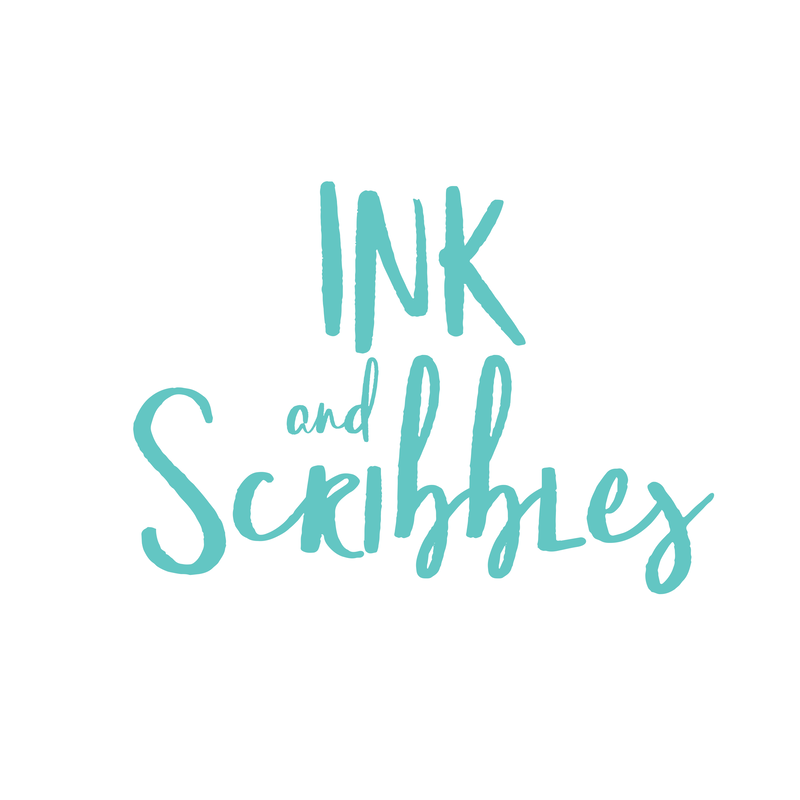|
Here at Ink and Scribbles HQ, we love creating notebooks and structured journals to help conscious mamas bring improved emotional well-being into their children’s lives. In our device led world, there is a strong argument for connecting children to their thoughts and emotions through a pen in their hand. The benefits of writing for well-being have inspired our own range of notebooks and journals.
Here’s four reasons why writing about thoughts and feelings is good for our kids: 1. SELF AWARENESS AND PERSONAL GROWTH Writing about emotional experiences means paying attention to the details. Telling their ‘story’allows children to order events and make sense of them and within the safety of their journal/notebook, explore perceptions that may be difficult to say out loud. Dan Siegel and Tina Payne Bryson talk about the benefits processing emotional events through ‘telling the story’verbally in their book, The Whole Brain Child. When children reach an age where they are able to write, they can gain the same benefits. Cause and effect becomes clearer and children can learn about the ways in which their emotions are triggered, developing self-awareness. During the process of writing, children are also reflecting, allowing them to see things through a different perspective, often learning of an alternative course of action they could take next time. Somehow, writing can give you that light bulb moment, when everything just makes sense. 2. MANAGING EMOTION A study has shown that by writing about an emotion we can actually decrease activity in the amygdala (the part of the brain that instinctively feels and is responsible for activating our fight/flight mode in stressful or anxious situations). The study monitored brain activity throughout the process of writing about feelings and showed that whilst the amygdala activity decreased, activity in the right ventro lateral pre-frontal cortex, where emotions are processed in words, increased. In other words, writing about emotions can literally lessen the intensity of what we are feeling. The study suggests that even simply naming the emotion showed a decrease in amygdala activity. 3.MINDFULNESS Writing about specific moments or events help children pause and reflect. It’s so beneficial for younger children to sit with parents and take the time to de-brief their day, just as adults do when they sit down to relax with a partner or friend in the evening. Older children are more likely to write independently. However your child chooses to reflect, writing diary or using a children’s journal for guidance, can teach children the essential art of pausing. It can also help them declutter their minds at the end of a busy day. Modern childhood is fast paced, and children are susceptible to moving through at such high speed that they don’t have the opportunity to be present and process events thoughtfully. 4. LITERACY SKILLS High literacy levels have been associated with future success in life and improved well-being. The National Literacy Trust found that 8-18 year olds engaged with reading and writing are 3 times more likely to experience mental well-being. Writing about emotions gives children an extremely valuable form of self-expression. In this time, when children’s well-being is of such concern, can we really afford not to encourage our children to journal or keep a diary?
1 Comment
|
Categories
All
Archives
April 2024
AuthorHey! I'm the founder, creator and voice of Ink and Scribbles. Sharing thoughts on child well-being and parenting that are based on my teaching and parenting experience, and NLP learning. |

 RSS Feed
RSS Feed